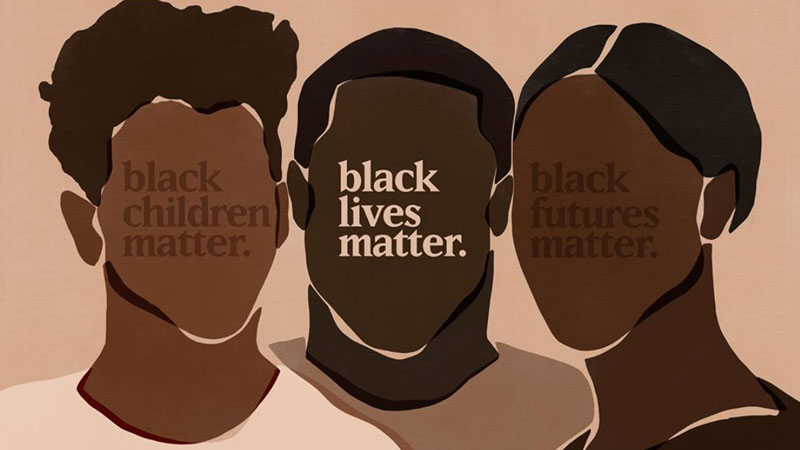
The way nonprofits communicate their missions and visions is changing. Instead of leaving the job to a small number of spokespeople, our messages are now often taken to the public through a wider group of ambassadors in and around our organizations and fields. At its best, this creates a vibrant alternative voice that can grow to take precedence on a contested issue. Sometimes, though, the messages in the stories we tell are inconsistent or reach the public with less than full power. At worst, our stories contradict our purposes by loading them up with, or attaching the frameworks and language of, dominant narratives.
The notions upon which these dominant narratives tend to be based are cohesive, highly resonant (even if often wrong-headed), and repeated across fields. Think of “the American Dream,” the so-called “corrections system,” or the benign neglect that flows from dismissive attitudes toward those with disabilities. Nonprofits are obviously capable of crafting our own powerful notions toward better ends, but we still have much to learn about the way we speak and are heard on complex and contested issues.
We can and must do better, so the NPQ and the FrameWorks Institute are pleased to announce a new partnership that will bring thoughtful analysis and commentary from the front lines of communications research to bear on the issues that concern nonprofits today.
Among the topics to be covered are:
- What creates a deeper and more accurate understanding of contested issues in the public consciousness?
- Is evoking pity or empathy productive?
- What are effective uses of metaphor?
- How can we understand and work effectively on the mindsets that dominate and may stand in the way of advancing public discourse and social good?
As you engage with these columns, we hope you will share your own questions about the frames at play in your community and how you can use communications science to advance better understanding of the social problems you confront. In this way, we see our new partnership as a conduit for better direction of framing questions and framing resources to and from leaders with a need to know.
Sign up for our free newsletters
Subscribe to NPQ's newsletters to have our top stories delivered directly to your inbox.
By signing up, you agree to our privacy policy and terms of use, and to receive messages from NPQ and our partners.
The accession of communications to a priority position on our “must do” lists is a relatively recent phenomenon. Many remember the old view of communications as a kind of “clip book” activity we performed to convince funders of our reach and impact. In this view, it was enough to dominate the news media, regardless of whether we repeated the dominant frame. This began to change around 2000—in some part, we believe, when Dorothy Ridings, newly elected CEO of the Council on Foundations, encouraged members to oppose efforts to curb the participation of philanthropies and charities in developing public policy. Until then, there had been great ambivalence and confusion about the role of these groups in addressing public policy. With this new mandate, many NGOs began to re-examine the role of communications in explaining why policies were needed and which policies actually worked to address problems. It was in this fertile environment that both NPQ and the FrameWorks Institute were born.
NPQ launched as a national print journal in the winter of 1999, with the mission to provide credible, research-based articles for nonprofits about management and governance. The editorial mission evolved to cover issues related to the operating environment for nonprofits—specifically, public policy and philanthropy. NPQ’s quarterly magazine soon became the leading journal of the nonprofit sector.
FrameWorks Institute was founded that same year, to expand the nonprofit sector’s capacity to use social science research to drive social change. In short order, FrameWorks had assembled an interdisciplinary team of social scientists and communications practitioners to work with advocates, policymakers, educators, and funders from around the country and abroad to reframe social and scientific issues. In 2015, FrameWorks was named one of nine Creative & Effective Organizations worldwide by the John D. and Catherine T. MacArthur Foundation.
Our shared goal is to support the role that the sector plays in advancing the common good. We believe that communications is as important to the work that nonprofits do as more readily discussed issues like program evaluation and policy analysis. But as with those topics, NGOs struggle to differentiate the wheat from the chaff—the science-based approaches from wishful thinking. Our partnership will take this on squarely. We are interested in promoting better thinking and research to make NGOs more effective in their understanding and use of communications in their communities of influence.
As we confront such stuff as the rebirth of the concept of trickle-down economics, it behooves us to take into account the stubborn, sticky durability of communications tools, for good or ill. John Maynard Keynes, writing in 1936, warned that, “Practical men [sic], who believe themselves to be quite exempt from any intellectual influences, are usually the slaves of some defunct economist.” By exposing these mental models and sharing reframes that have the proven ability to dislocate them and redirect thinking, we believe our partnership can contribute to your everyday work.
We have a great series of columns planned—and we hope you will help us identify the next up communications framing topics that concern you. Send them along to [email protected].













